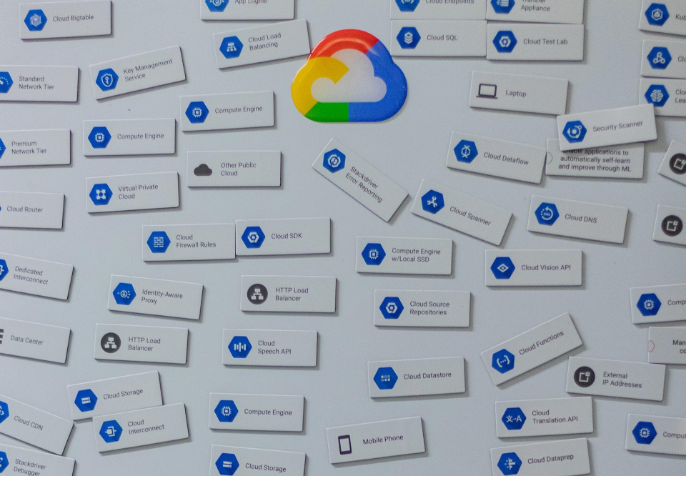Small enterprises are often relatively new, which naturally makes their owners overly protective. Infusing innovative technology with a new business is a massive step and it comes with big risks. But here’s a fact that’s worth considering too.
The risk of making a new move is just as obvious as the benefit that comes with it. Cloud technology is one innovation that offers endless benefits and quite a handful of risks.

If you’re thinking of scaling up with cloud technology but are still unsure of what to do, here are the core facts you should know about the potential risks associated with cloud technology.
1. Migration could consume a lot of time
Switching between technological models can be time-consuming, and cloud technology isn’t an exception. So if you intend to migrate to the cloud, be prepared to invest the time needed. Would that time cost your business? Of course, it will. No business owner eagerly looks forward to downtime, but if it ensures seamless and better operations later, the time spent transitioning should be a small hitch along the way.
2. The risk of losing existing data
Data loss is a dreadful thing, and it’s, unfortunately, one of the risks involved in transitioning between technologies. Cloud technology currently facilitates an impeccable cyber storage system, but moving from an old model to the cloud could cause changes in your data. These changes can make your files difficult to access or incomplete. It’s okay to prepare for data loss but do well to research ways to minimize it.
Again, data loss is a potential risk, not a stamped fact. There are only a few cases of data loss linked with cloud technology, and there’s a great chance you might not incur any loss.
3. Potential structural change in data arrangement
Migrating to the clouds could restructure the composition of your files depending on how the technology perceives your previous storage algorithm. Every cloud technology model comes with a unique categorization method. Most cloud storage software would retain your original arrangement with little to no change, but others might not do that. So prepare to make some chronological rearrangements in case of such restructuring.
4. Limited data control
Limited data control in this sense doesn’t mean you’d have restricted access to your data. But you’d have to trust a third party to maintain the hardware that aids your data storage. Cloud storage providers are professionals, but it’s also important that you vet your providers properly, scrutinize their policies, and decide if it works for you.
Netflix, Twitter, and the NBA made successful transitions to the clouds. With Blomp, your company could make a seamless transition too.
